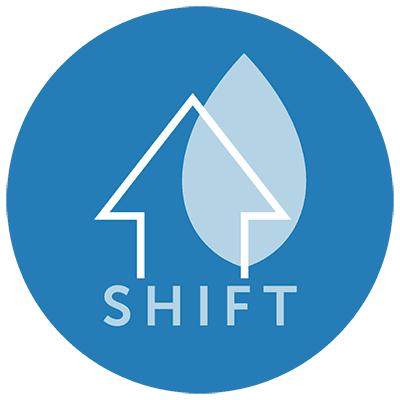A new Global Commission on Modern Slavery & Human Trafficking has been set up [1] with the aim of driving international momentum towards eradicating forced labour, ending modern slavery and human trafficking – in line with UN goals. It is part funded by the UK government. We were asked to write up a thought piece on how these issues can be tackled.
Coupled with the commission, a recent review of the UK’s Modern Slavery Act found that, for supply chains, “a number of companies are approaching their obligations as a mere tick-box exercise, and it is estimated around 40 per cent of eligible companies are not complying with the legislation at all”. [2]
A related issue is that of responsibly sourced materials. We have written previously [3] on how there is a real risk of human misery in supply chains of the construction materials we currently buy and use. Furthermore, we have found that reporting of environmental performance of the supply chains is woeful. Perhaps this is because of a lack of a clear reporting methodology and lack of any incentive to do so.
Internal modern slavery and responsible production of materials can be regulated by our own Government. However, where international supply chains are concerned, something novel may be needed. To tackle the related issues of modern slavery and responsible sourcing of materials, we suggest a way that could benefit both the UK and the people outside the UK who work to supply us the materials we use.
In its briefest form the idea is this:
- For all imported materials into the UK, we apply an import duty, proportional to the human wellbeing and environmental performance of the country from which they come from
- The tax collected (minus admin fee!) is then used to fund improvement programmes in the relevant countries
Expanding on the idea:
Import duty – there are several advantages to this idea:
- The worse the wellbeing, modern slavery, or environmental performance of a country, the higher the import duty. This applies the “polluter pays” principle.
- It provides a level playing field for UK producers and manufacturers who often complain that they must implement high levels of environmental protection and staff wellbeing, but other countries do not. Applying the import duty means that imports from poor performing countries aren’t necessarily a race to the bottom.
- It will provide a financial incentive for poor performing countries to improve the wellbeing of its population and, to improve the environmental performance.
- It is possible – as more international and country-based wellbeing data is collected and verified in increasingly consistent ways. The emphasis should be on proportion of people exceeding a certain wellbeing threshold, as opposed to an “average wellbeing” score. In the most immediate future at least embodied carbon materials should be measured, but eventually other impacts such as biodiversity and water pollution could be included.
- UK importers will have clear sight of the wellbeing and environmental performance of the countries from which they import. This means they can easily produce quantifiable reports based on that data. This kind of report is an actual legal requirement of the Modern Slavery Act, albeit, according to the recent review, not done very well at all. It will also provide data for responsible materials sourcing, which is virtually non-existent.
- As demand for more responsibly sourced materials increases, there will be a financial incentive for importers to import from good performing countries.
- It will provide easy data for regulators to scrutinise.
Fund improvement programmes – again there are some advantages to doing this part:
- It clearly signals that this is not a “protectionist” policy, designed solely to protect UK businesses. This should prevent retaliation from affected countries.
- There is an incentive to use the funding for projects and programmes that genuinely drive wellbeing and environmental performance, because the recipient country will eventually benefit from reduced import duties once it has made improvements.
- It will foster good relations with other countries and contribute to the foreign aid budgets.
Naturally details will need to be worked out, but in principle we think this idea has got legs and we look forward to seeing if this influences the commission’s outcomes in any way.
While we wait for the commission to do its work, if you are interested in engaging your supply chain on environmental issues, please get in touch with us at SHIFT where we are dedicated to help you achieve your environmental goals.
[1] https://www.modernslaverycommission.org/
[2] Review “Independent review of the Modern Slavery Act – final report”, https://www.gov.uk/government/publications/independent-review-of-the-modern-slavery-act-final-report
[3] https://shiftenvironment.co.uk/news/sustainable-procurement-event-how-to-engage-the-supply-chain/
Photo by Hussain Badshah on Unsplash
